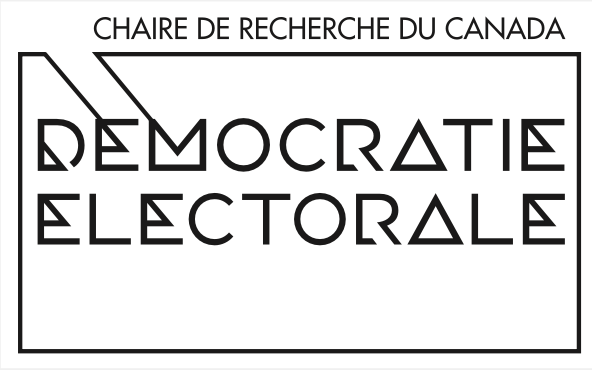Electoral Chair’s Seminar – 10 January
Bridging the Gap: Bilingualism and the End of the Two Solitidues
Philippe Chassé – Université de Montréal and Sciences Po Paris, Matthew Taylor – Université de Montréal
First coined by novelist Hugh MacLennan, the expression “two solitudes” is frequently used to describe the cultural divide between Canada’s two main linguistic groups: Anglophones and Francophones. Research demonstrates that English- and French-speaking Canadians differ in a wide range of behaviours including their political preferences, their vision of the Canadian federation, and their national identity. In this article, we ask whether individual bilingualism is associated with a decrease in the attitudinal differences between English- and French-speaking Canadians. Primarily, we attempt to determine if knowledge of the French language is related to an increase in the responsiveness of English-speaking citizens (the majority language group in Canada) towards issues that typically preoccupy French-speaking Canadians. Using survey data collected in the summer of 2023 (n = 1596), we investigate the extent to which the attitudes of Anglophones who speak French converge with the attitudes of Francophones when compared to Anglophones with no knowledge of the French language. We are particularly interested in Anglophones’ attitudes towards the future and protection of French in Canada, official bilingualism, and Quebecers. These reflect topics on which the Canadian population is generally divided along linguistic lines. Our analyses suggest that knowledge of French as a second language is strongly linked to the political preferences of Canadian citizens. These results highlight the relevance of considering the different languages that people speak – and not just their mother tongue – to understand their political attitudes.

This content has been updated on 10 January 2024 at 10 h 32 min.
Comments